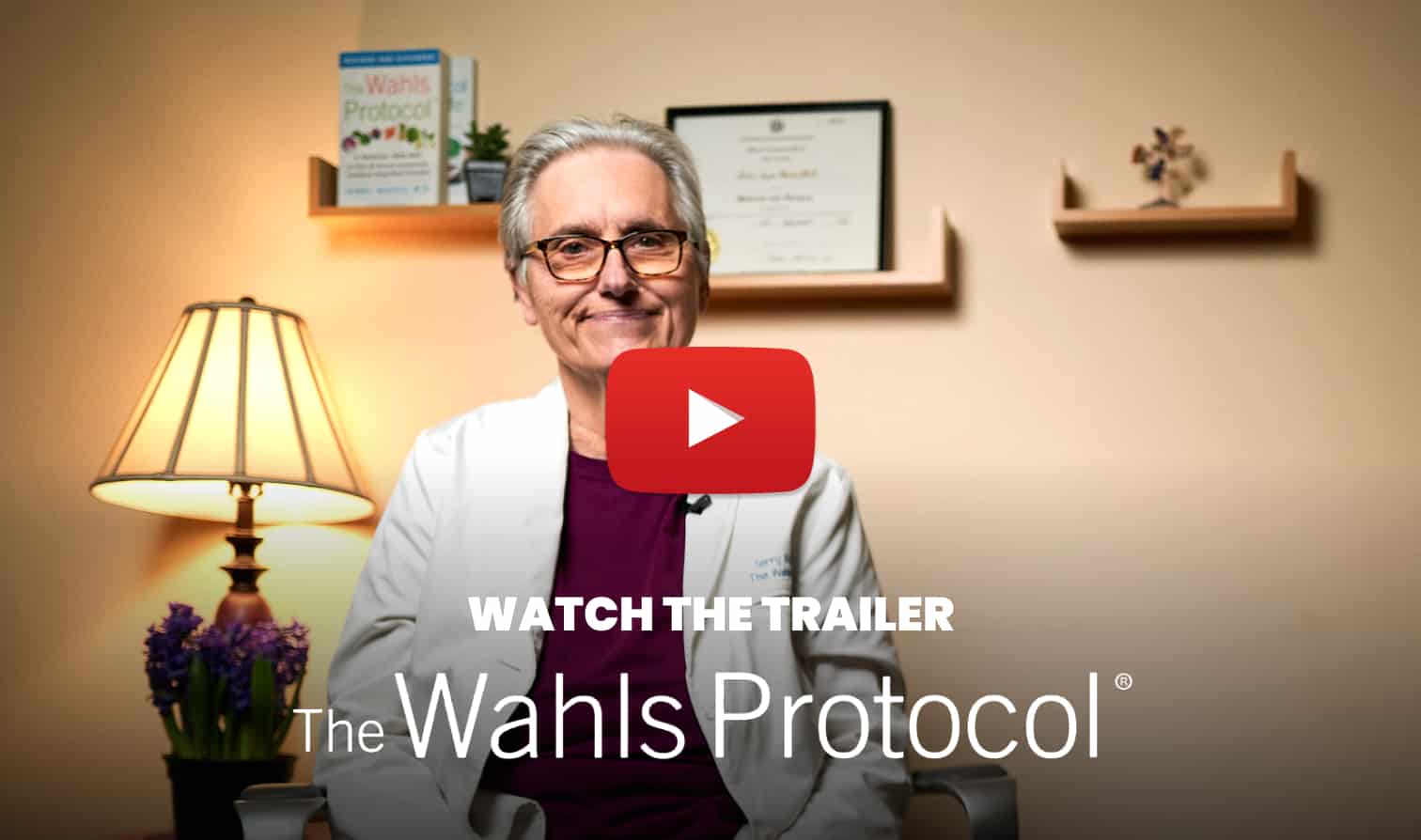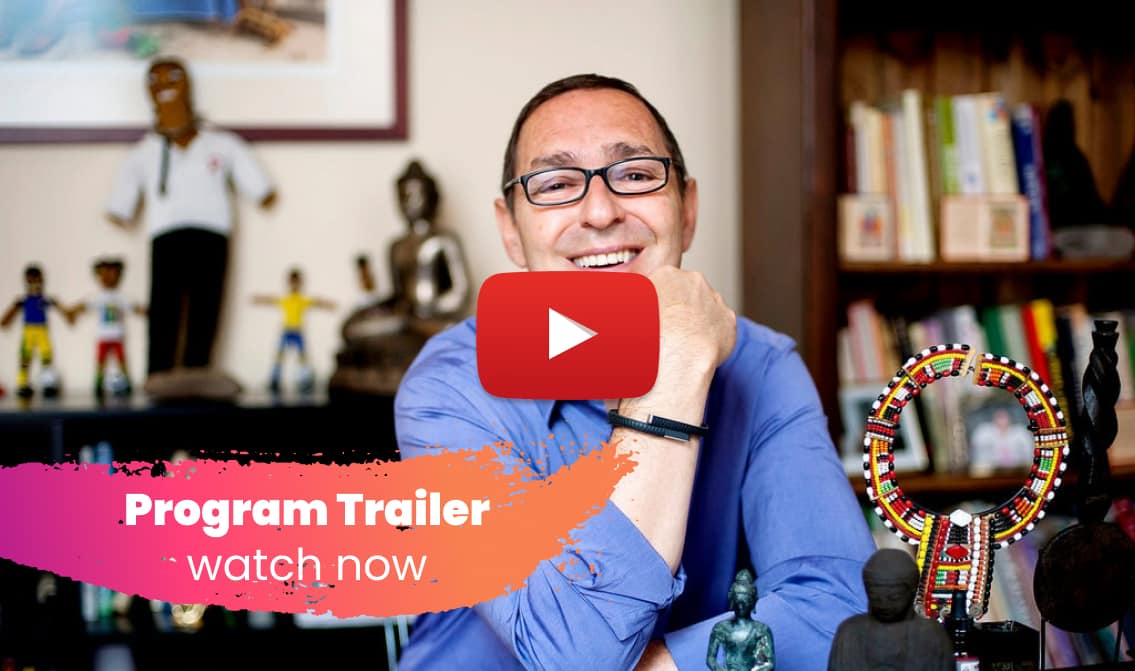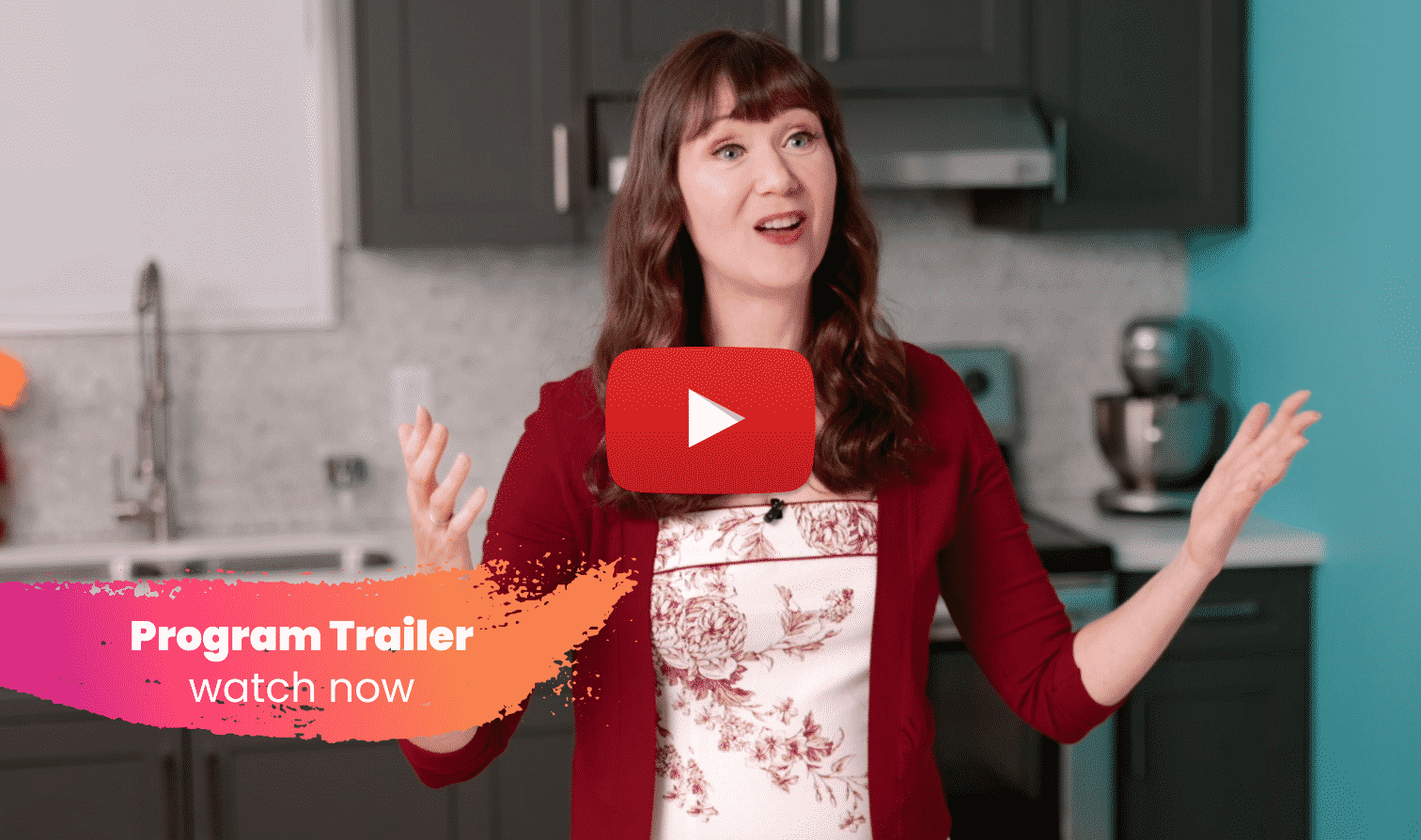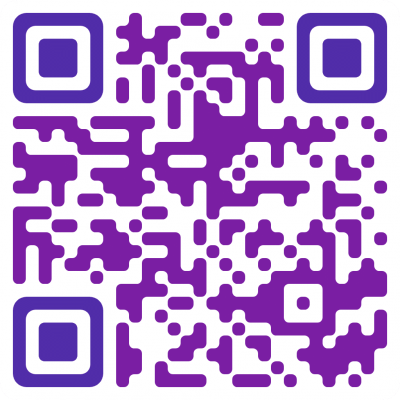Start a group challenge today!
The MasterHealth app is fast and easy to use ✌️
What is a Meditation Challenge?
A meditation challenge is a structured program designed to cultivate the habit of meditation over a set period, for example 30 days. It operates on the principle of daily commitment, where participants engage in meditation for a certain duration each day.Each person’s commitment may be consistent or gradually increase in complexity or length as the challenge progresses. For example, a challenge might start with 5-minute sessions during the first week and extend to 20-minute sessions by the end of the month. The benefits of joining a meditation challenge are many-fold. Participants often report enhanced focus, reduced stress, and an overall improvement in emotional well-being.
Moreover, the communal aspect of a group challenge provides additional motivation and support, making it an ideal setting for both beginners and seasoned practitioners to deepen their practice. This article will provide you with a 30-day meditation challenge template, discuss expected results, address common questions, and offer helpful hints for beginners. We will also explore meditation challenge apps suitable for both iPhone and Android users, generate creative meditation challenge ideas and variations, and discuss the implementation of meditation challenges at work.
Our goal is to provide a comprehensive roadmap for groups looking to embark on this transformative journey.
5 Meditation Challenge Ideas & Variations
Exploring different meditation challenge ideas can keep participants engaged and cater to various preferences and goals within your group.Progressive Relaxation Challenge
Participants focus on relaxing different muscle groups each day, starting from the toes and moving upwards. This challenge emphasizes body awareness and can be tracked through daily logs in the MasterHealth app, where participants note their relaxation levels pre and post-meditation.Mindful Breathing Marathon
This variation involves a daily practice of mindful breathing techniques, gradually increasing the duration each week. Ideal for stress management, participants can track their progress and share their experiences of increased calmness in the app’s group forum.Visualization Voyage
Participants engage in guided visualization meditations, with each day presenting a new scenario. This can enhance creativity and mental clarity. The app allows for tracking the types of visualizations completed and sharing insights gained from each session.Gratitude Journey
A challenge centered on cultivating gratitude through meditation. Each day, participants reflect on different aspects of their lives they are grateful for, fostering a positive mindset. Progress is shared through the app, encouraging a supportive community atmosphere.Silent Retreat Series
For a more intensive experience, participants commit to a period of silence during their daily meditations, disconnecting from external distractions. This challenge is particularly suited for advanced practitioners and can be monitored through the app, with participants sharing the length of their silent sessions and personal reflections.Meditation Challenge App for iPhone and Android
The MasterHealth app is an essential tool for health & fitness professionals looking to run a meditation challenge. It streamlines the process by allowing leaders to easily create, manage, and track the progress of their entire group.With real-time updates and engagement metrics, facilitators can maintain a supportive environment and ensure participants stay motivated throughout the challenge. By utilizing this meditation challenge app, professionals can offer their challenges for free or monetize them by setting a participation fee. This flexibility makes it an attractive option for those looking to expand their business model while providing valuable wellness experiences. The app’s comprehensive dashboard enables hosts to monitor individual and group progress, fostering a sense of community and accountability. The ability to send reminders and motivational messages keeps the momentum going, making the MasterHealth app a valued tool for facilitators.
Meditation Challenge for Beginners
Beginners should know that meditation requires no special gear or diet; a quiet space and willingness to practice are key. Common misconceptions include the need for complete silence or the inability to clear the mind, which can deter some from starting.Top 5 Tips for Coaching Beginners
- Establish a Comfortable Space:
Encourage participants to find a quiet, comfortable spot for meditation, free from distractions, to enhance focus and relaxation. - Set Realistic Expectations:
Emphasize that it’s normal for the mind to wander and that the goal is to bring attention back gently, without self-judgment. - Introduce Breathing Techniques:
Teach simple breathing exercises to help beginners center their thoughts and manage any anxiety about starting a new practice. - Use Guided Meditations:
Start with guided sessions to lead beginners through the process, providing structure and easing them into the practice. - Encourage Consistency:
Stress the importance of regular practice, even if it’s just for a few minutes a day, to build a sustainable habit and experience the benefits over time.
30 Day Meditation Challenge Template
Embark on a transformative journey with our 30 day meditation challenge template, designed to engage and inspire your community every step of the way.Comprehensive Meditation Challenge Content Plan
Introduction to Meditation
- Discuss the basics of meditation, its history, and various styles.
- Explain the importance of posture, environment, and timing for practice.
Physiological Benefits
- Explore how meditation affects the brain, stress response, and overall health.
- Share research on meditation’s impact on specific health conditions.
Overcoming Common Setbacks
- Address challenges like restlessness, distraction, and time management.
- Provide strategies for maintaining consistency and dealing with frustration.
Skill Building Lessons
- Teach techniques for deepening concentration, such as focused attention and visualization.
- Introduce mindfulness and how to apply it in daily life.
Mindset and Motivation
- Share stories of transformation through meditation to inspire participants.
- Discuss the role of mindset in establishing a regular meditation practice.
Accountability and Community
- Create a support system within the group to encourage daily practice.
- Offer tips on how to stay accountable to meditation goals.
AMA Sessions
- Schedule Ask Me Anything sessions to answer questions and provide personalized advice.
- Use these sessions to delve deeper into the practice and its nuances.
Daily Inspiration
- Send daily messages with quotes, affirmations, or short meditations to keep the group motivated.
- Encourage sharing of personal insights and experiences to foster a sense of community.
30 Daily Meditation Challenge Messages
Day 1: Welcome to the first day of our meditation journey! As we embark on this path together, remember that meditation is about finding stillness and creating a moment of peace in your day. If you’re new to this practice, don’t worry about achieving perfect silence or stillness—just focus on being present. Do you have any questions or concerns as you prepare for your first session?
Day 2: Today, let’s talk about setting up your meditation space. A consistent, comfortable spot can significantly enhance your practice. It could be a corner of your room with a cushion or a chair by a window. Where have you set up your meditation space, and how has it helped you focus?
Day 3: You’re doing great! By now, you might have noticed that your mind tends to wander during meditation. This is completely normal. Each time you notice your thoughts drifting, gently guide your focus back to your breath. How are you feeling about your progress so far?
Day 4: Meditation is not just about the time spent in silence; it’s about bringing mindfulness into your daily life. Try to be fully present in simple activities today, like savoring your morning coffee or noticing the sensations as you walk. What moments of mindfulness have you experienced outside of your meditation sessions?
Day 5: As we close out our first week, let’s celebrate the small victories. Whether you’ve managed to meditate for a few minutes each day or just started exploring breathing techniques, you’re on the right path. Who’s hit their goals this week, and what have you learned about yourself?
Day 6: It’s common to face some resistance or restlessness during meditation, especially in the beginning. Remember, the practice is about observation without judgment. If you’ve encountered any struggles, share them with the group, and let’s find solutions together.
Day 7: One week down! How incredible is it to see the commitment from everyone in the group? If you’ve missed a session or two, don’t be discouraged. Every day is a new opportunity to meditate. What’s one thing you can do today to get back on track?
Day 8: Today, let’s delve into the physiological benefits of meditation. Did you know that regular practice can lower stress hormones and enhance your immune system? It’s amazing how just a few minutes of meditation can contribute to your overall well-being. Have you noticed any physical changes since starting the challenge?
Day 9: Meditation can teach us valuable lessons about patience and acceptance. As you continue to practice, you may find these qualities spilling over into other areas of your life. In what ways has meditation impacted your daily interactions or your approach to challenges?
Day 10: We’re a third of the way through our challenge! By now, you might be noticing subtle shifts in your mood or stress levels. Meditation has the power to rewire our brains for the better. What positive changes have you observed in yourself?
Day 11: Let’s focus on deepening our practice today. Experiment with a new technique, like visualization or mantra chanting, to enhance your meditation. Trying different methods can keep your practice fresh and engaging. Have you tried any new techniques, and how have they affected your experience?
Day 12: Consistency is key in meditation, just as it is in any other skill. If you’ve been keeping up with daily practice, you’re likely starting to feel the benefits. If you’ve slipped, remember that it’s never too late to restart. What’s one thing that’s helped you maintain a regular meditation schedule?
Day 13: Meditation can be particularly beneficial for managing health conditions, by reducing stress and promoting relaxation. While it’s not a cure-all, it’s a powerful tool in your wellness arsenal. Have you found meditation helpful in managing any specific health concerns?
Day 14: As we continue our journey, let’s talk about the power of community. Sharing experiences and supporting each other can greatly enhance our meditation practice. Feel free to share a tip or insight that’s been particularly helpful for you in this challenge.
Day 15: Halfway there! Take a moment to reflect on the progress you’ve made and the lessons you’ve learned. Meditation is a personal journey, and every step forward is an achievement. What’s one lesson from this challenge that you’ll carry with you?
Day 16: As we move into the second half of our meditation challenge, let’s focus on the mental clarity that comes with regular practice. Many find that meditation helps in making decisions and solving problems by reducing the noise of everyday thoughts. Have you noticed a clearer mind since starting our journey?
Day 17: Today, consider the concept of non-attachment in your meditation. This principle helps us to let go of stressors and focus on the present moment. How has practicing non-attachment affected your meditation experience and your daily life?
Day 18: Let’s explore the idea of meditation as a means of self-care. Taking time for yourself isn’t selfish; it’s essential for your well-being. How has prioritizing meditation impacted your self-care routine?
Day 19: Meditation can also be a communal activity. I’m hosting a Zoom call where we can dive deeper into a meditation topic. Join me at [Your Zoom Link Goes Here] to connect and learn together.
Day 20: By now, you might find that meditation has become a valuable tool in your emotional toolkit. It can help manage feelings of anxiety and promote a sense of calm. What emotional benefits have you experienced through meditation?
Day 21: Two-thirds of the way through our challenge, let’s talk about the journey. Meditation isn’t about reaching a destination; it’s about growing and learning each day. What has been the most valuable lesson you’ve learned so far?
Day 22: Today, I encourage you to reflect on the balance in your life. Meditation can help us find equilibrium between work, rest, and play. How has meditation helped you find balance?
Day 23: As we continue, remember that each meditation session is a step towards a more mindful life. Even on days when it feels challenging, your practice is still contributing to your growth. What keeps you motivated on the tougher days?
Day 24: Let’s discuss the transformative power of consistent meditation. Over time, it can lead to profound changes in how we relate to ourselves and the world. Have you started to notice any transformative effects from your practice?
Day 25: I’m holding an AMA session to answer any questions you have about meditation and our challenge. Drop your questions here, and I’ll address them in our next group session.
Day 26: With just a few days left in our challenge, let’s focus on integrating meditation into your long-term routine. What strategies will you use to continue your practice beyond the challenge?
Day 27: As we near the end of our challenge, I’d love to hear your feedback. What have you enjoyed, and what could be improved? Your input is invaluable for shaping future challenges.
Day 28: Today, I invite you to meditate on gratitude. Reflect on the things you’re thankful for, including the progress you’ve made in this challenge. How has gratitude influenced your meditation practice?
Day 29: Tomorrow is our final day! Think about the community we’ve built and the support we’ve provided each other. Would you be interested in participating in another challenge, and if so, what type?
Day 30: Congratulations on completing the 30-day meditation challenge! Reflect on your journey and celebrate your commitment to personal growth. I’m curious, how has this challenge impacted your life, and what practices will you carry forward?
30 Day Meditation Challenge Results & Expectations
Realistic Outcomes for Beginners
For those new to meditation, the first 30 days often bring subtle yet impactful changes. Beginners may notice improved focus and a reduction in stress levels.Physiologically, this is due to decreased production of stress hormones like cortisol. However, the depth of these changes varies with individual commitment and consistency.
Advanced Practitioners’ Milestones
Elite meditators may experience more profound benefits, such as enhanced emotional regulation and increased gray matter density in the brain. These changes are the result of long-term practice and may not be as pronounced in a 30-day window for seasoned practitioners, but they can expect to deepen their existing skills and perhaps discover new techniques.Goal-Setting Nuances
Participants setting modest goals might find the challenge more sustainable and enjoyable, leading to a consistent routine post-challenge. In contrast, those with ambitious goals should be mindful of the potential for frustration or burnout.It’s crucial to set achievable targets to maintain motivation and see tangible results.
Listening to Your Body
While meditation is generally safe, it’s essential to listen to your body and mind’s responses. If you encounter discomfort or emotional distress, consider adjusting your practice.Always consult with a healthcare provider if you have concerns about how meditation may interact with your health conditions.
What is the goal of meditation?
The goal of meditation is multifaceted; it’s about cultivating a sense of inner peace, enhancing self-awareness, and fostering a deep connection between mind and body. For many, it serves as a tool to reduce stress and anxiety, improve concentration, and promote emotional health.In the context of a meditation challenge, the goal extends to building a consistent practice, often with the support of a community, whether that’s through a meditation challenge app or a group meditation challenge at work. The collective experience amplifies the individual journey, making the path towards mindfulness accessible and shared.
What does meditation feel like?
Meditation can feel like a serene journey inward, a quieting of the mental chatter that often dominates our waking hours. It’s a personal experience where one may feel a sense of calm, balance, and clarity.During a meditation challenge for beginners, participants might initially encounter restlessness or discomfort, but with time, these feelings often give way to tranquility and a heightened sense of being present. The 30-day meditation challenge is designed to help individuals navigate these sensations and find comfort in stillness.
How to do meditation at home
Creating a meditation practice at home starts with designating a peaceful spot free from distractions. It can be as simple as a comfortable chair or a cushion in a quiet corner. Use a meditation challenge template or app to guide your sessions, focusing on breathing techniques and mindfulness exercises.The beauty of a home practice is its flexibility; you can meditate at any time that suits your schedule, making it a staple of your daily routine. For those looking to deepen their practice, a free meditation challenge offers structure and support as you explore the benefits of meditation in the comfort of your home.
How to teach meditation
Teaching meditation requires patience, understanding, and a deep personal practice. Begin by familiarizing your students with basic techniques, such as focused breathing or guided imagery. A beginner meditation challenge can be an excellent format, providing a structured yet gentle introduction.When teaching, it’s crucial to create a safe and welcoming environment, whether it’s a meditation challenge at work or a meditation challenge company initiative. Encourage questions and share your experiences, helping students to navigate their unique meditation journeys.
Start a group challenge today!
Run it free or for a fee with the MasterHealth app 💸













